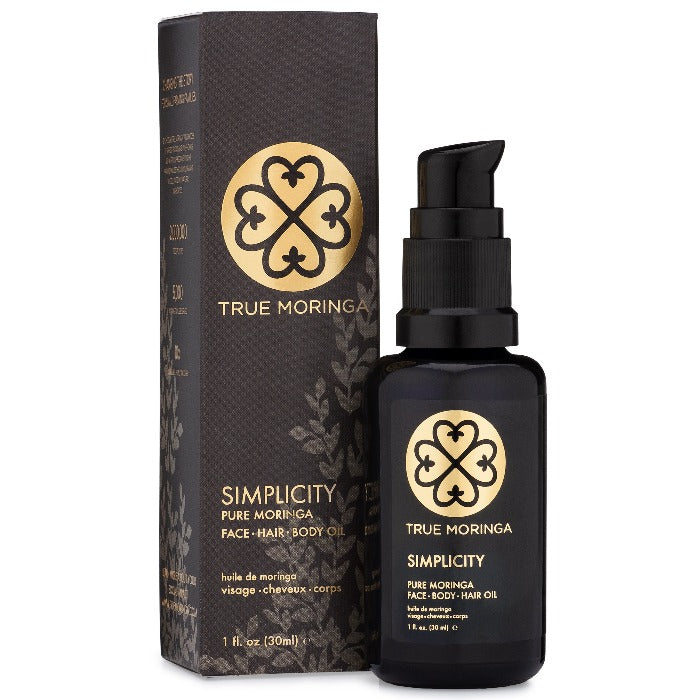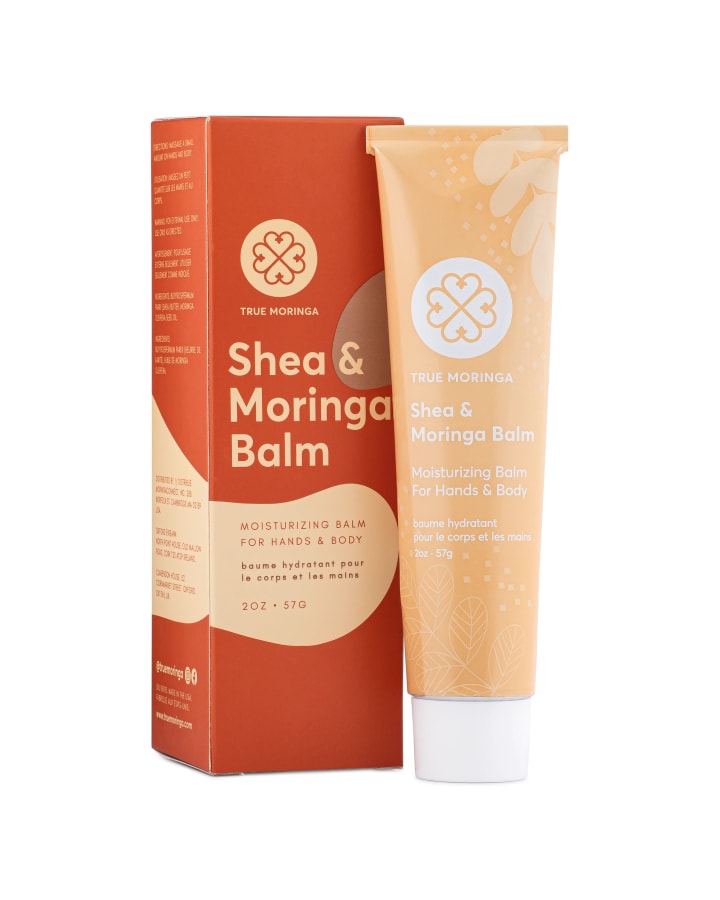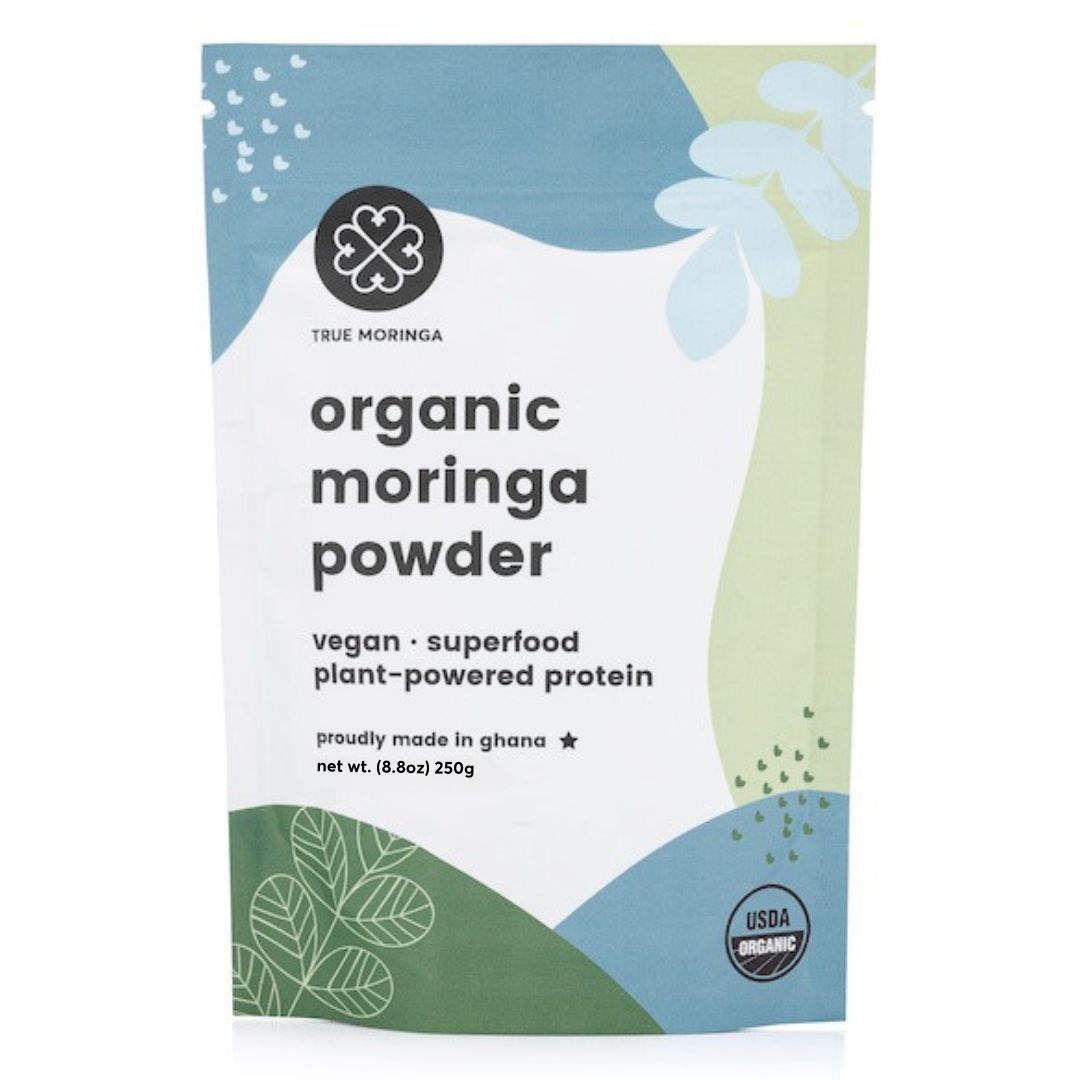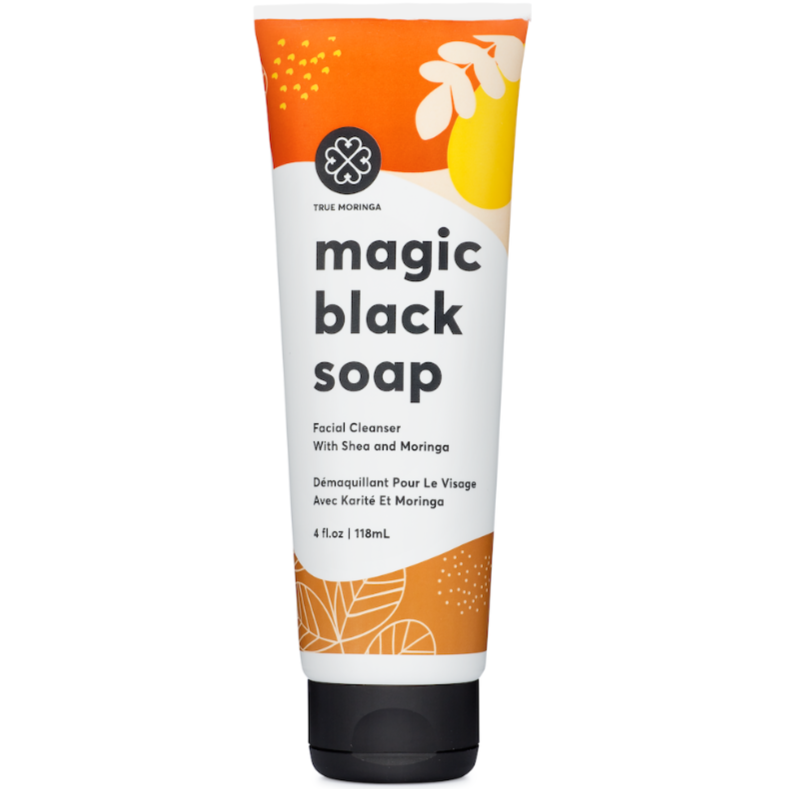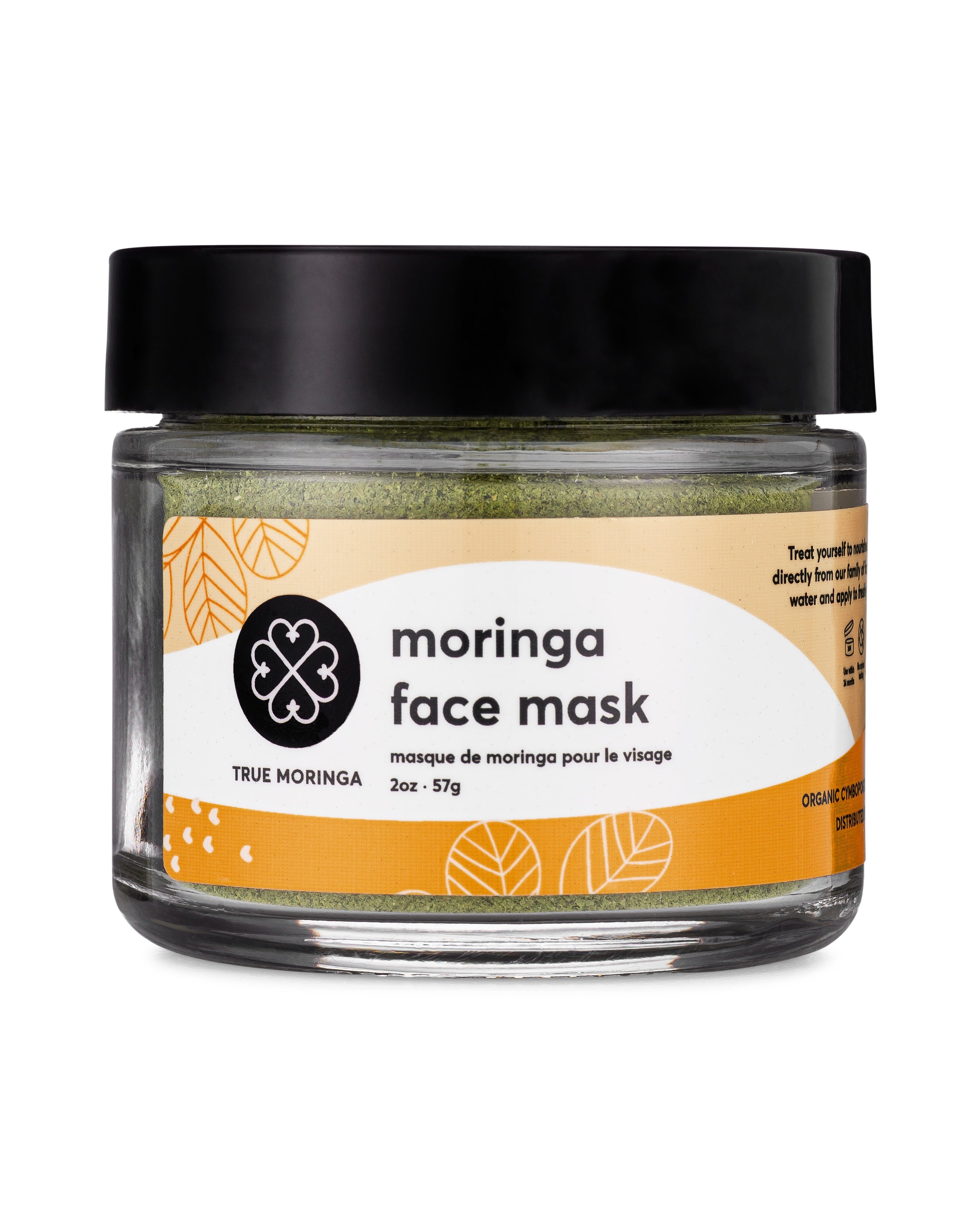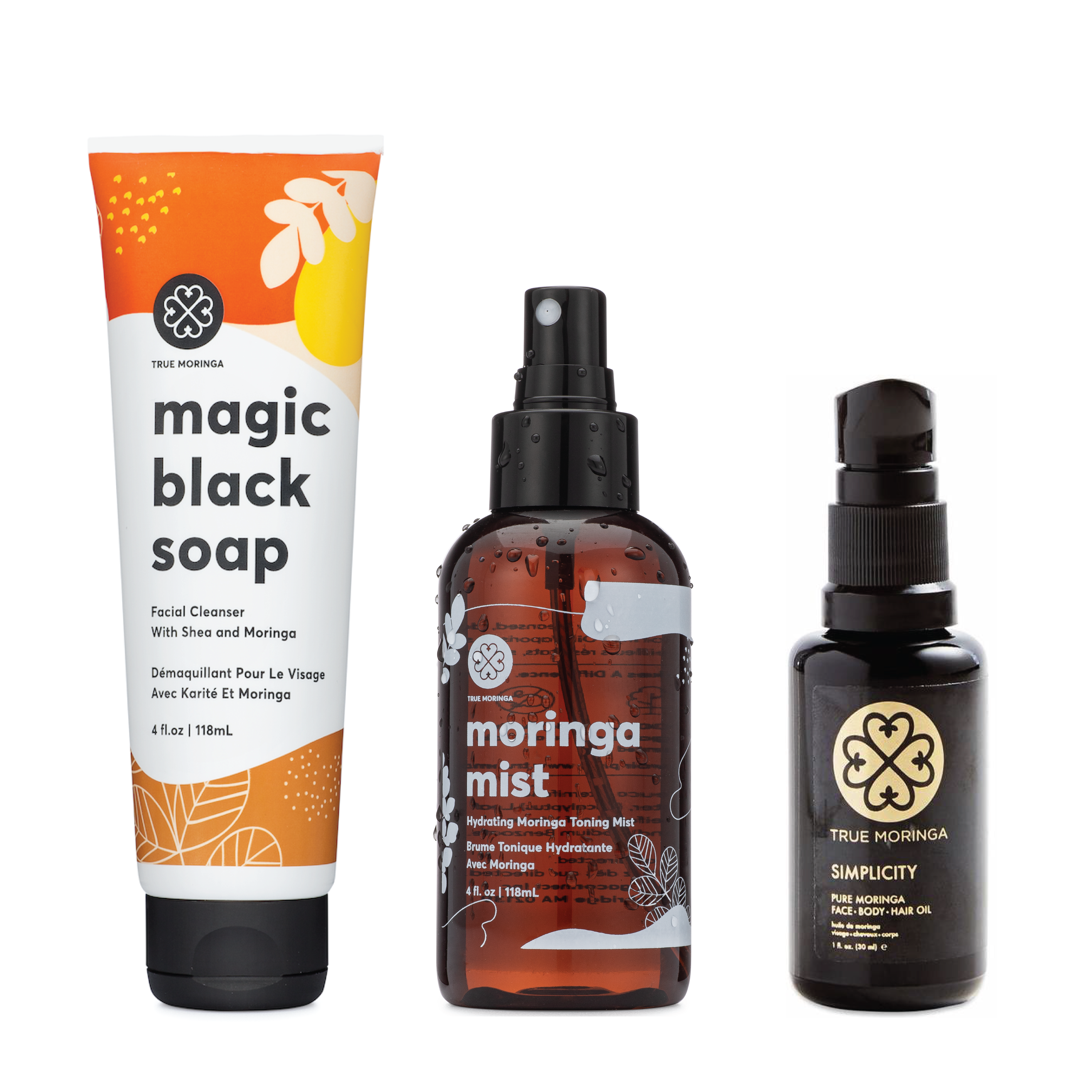


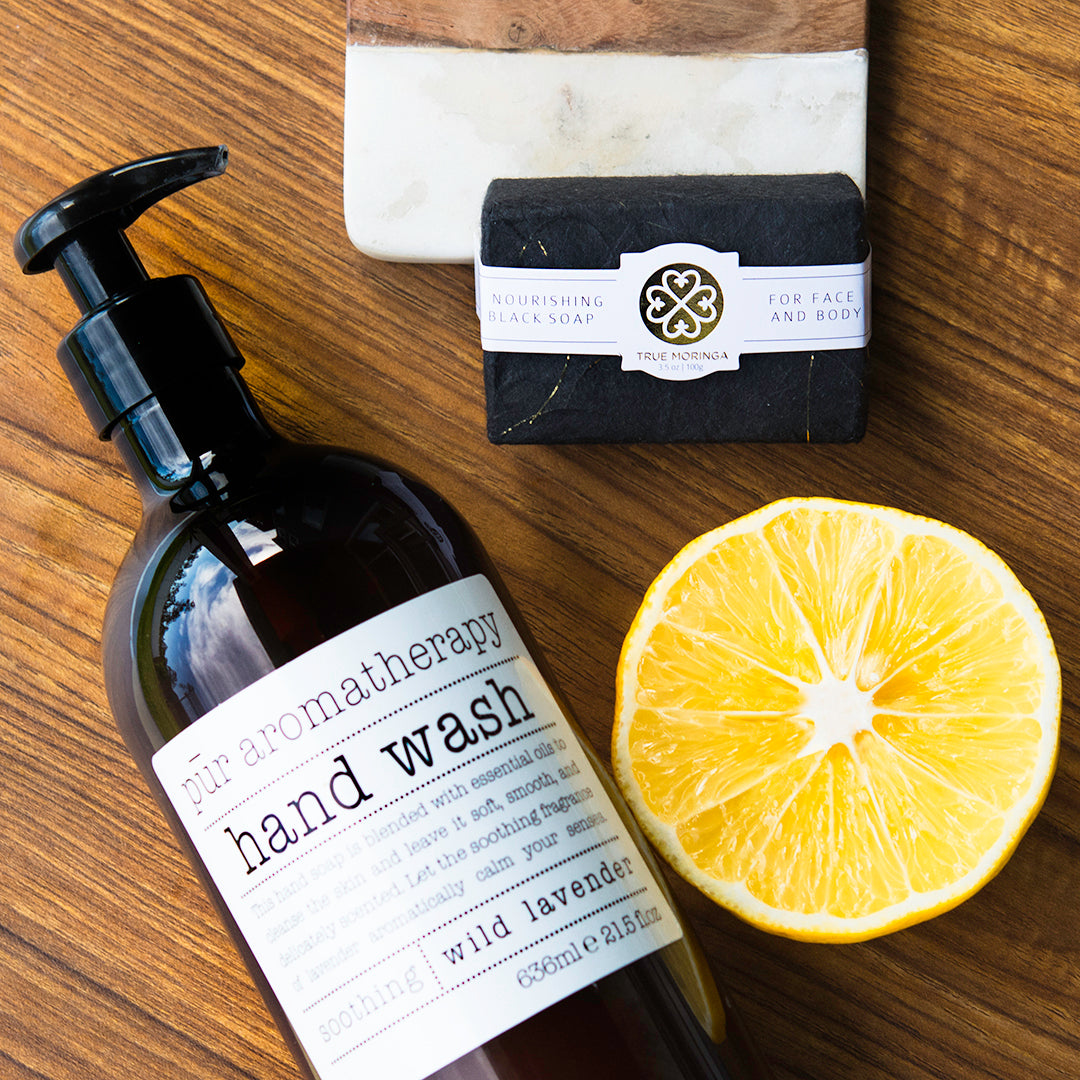
What It Means To Be Cruelty-Free
While we may feel like we live in a modern, civilized society, there continue to be companies that conduct some of the most unthinkably inhumane tests on living animals—and there’s no law against it (at least in the US) or laws requiring producers to be honest about their animal testing on a visible label.
Rubbing a corrosive agent into a mouse’s eyes may have made sense in the middle ages when our understanding of biology was still based around the four humors, but there’s no excuse to abuse these creatures in the 21st century, especially with so many ethical alternatives. PETA lists in detail some of the horrendous experiments that take place in labs around the country (I don’t recommend watching the videos…), but what’s truly astonishing is that each of the tests has a straight forward cruelty-free alternative.
Essentially, the companies that continue to test on animals are doing so of their own volition (most likely with financial incentives), not out of necessity. They’re also just doing it because they can.
The good news is that many governments around the world are starting to ban the sale of any products containing ingredients that have been tested on animals, including India and the European Union! Without being able to sell to these huge markets, there is finally a financial incentive for even unethical companies to adopt cruelty-free practices.
Unfortunately, major industrial powers like the US and China are not so enlightened. Despite the US' commitment to supporting human rights in foreign countries, we're lagging far behind the rest of the world in our record on animal rights.
That’s where our job as consumers comes into play.
Shopping for ethical merchandize isn’t always easy. Companies may choose to get certified as cruelty free, or even vegan (going an extra step by not using any ingredients derived from animals), but plenty of products are made ethically with no outward indication.
Luckily, there’s a whole world of like-minded internet-users itching to help! Some of our favorite sources are Petit Vour, which sells vegan cosmetics and lifestyle goods, and The Good Trade blog, whose 2017 guide to cruelty-free brands includes all sorts of tidbits on what to look for in an ethical producer.

